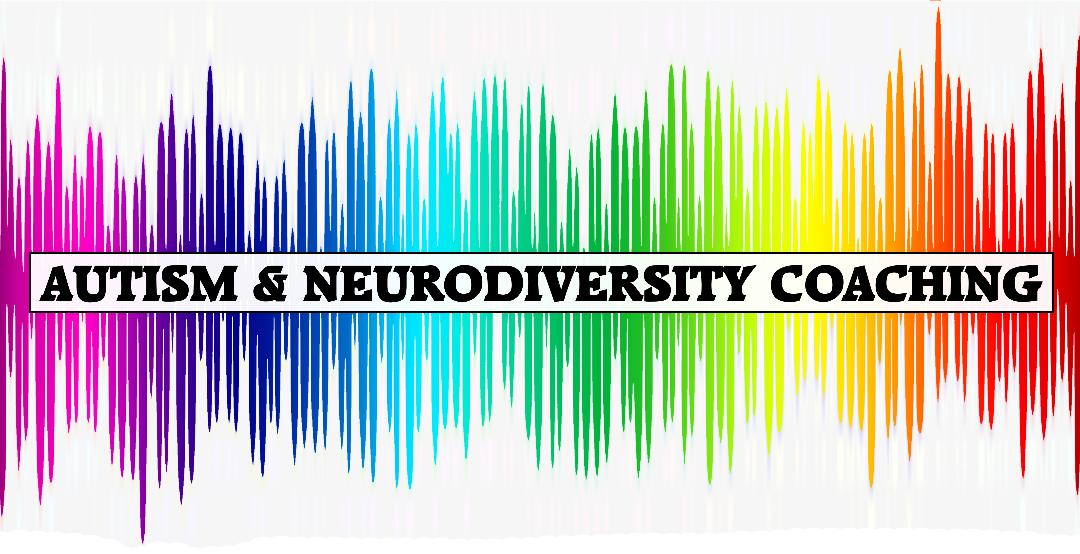Dyslexia in Football: Overcoming Challenges and Harnessing Strengths

Dyslexia is commonly known as a learning difference that affects reading, writing, and spelling. However, its impact extends beyond the classroom into various aspects of life, including sports. In football, an intensely strategic and fast-paced sport, dyslexic athletes face unique challenges but also possess extraordinary strengths that allow them to excel. This blog explores how dyslexia affects football players, the challenges they overcome, and the advantages they bring to the game.
Understanding Dyslexia in Football
Football is a game of quick decision-making, spatial awareness, communication, and physical endurance. For dyslexic athletes, the difficulties associated with processing written or verbal information can be challenging, particularly in areas like reading playbooks, following complex instructions, or quickly processing spoken commands from coaches and teammates.
However, dyslexia also brings a number of strengths that are particularly beneficial in football. Dyslexic individuals are often strong in areas like spatial reasoning, creativity, problem-solving, and adaptability—all of which are essential skills on the football field. As a result, many football players with dyslexia develop unique approaches to the game that help them not only overcome obstacles but also leverage their strengths to achieve success.
Challenges Dyslexic Footballers Face
1. Reading Playbooks and Game Plans Dyslexic players may struggle with the traditional methods of learning football strategies through reading dense playbooks and memorising complex formations. Processing written information can be time-consuming and mentally exhausting, which may put dyslexic players at a disadvantage when it comes to quickly learning new plays or game plans.
2. Following Verbal Instructions In football, plays are often called out quickly and require immediate execution. Dyslexic players may have difficulty processing rapid verbal instructions, especially in high-pressure situations where communication is fast and the margin for error is small. This can lead to confusion on the field and difficulty keeping up with the pace of the game.
3. Academic Requirements Many football players, particularly in high school and college, face academic eligibility requirements to participate in sports. For dyslexic athletes, maintaining grades can be a challenge due to the extra time and effort required to complete academic work. This adds an additional layer of pressure on top of their athletic responsibilities.
Strengths Dyslexic Footballers Bring to the Field
Despite the challenges, dyslexic footballers possess a range of strengths that can make them stand out on the field:
1. Exceptional Spatial Awareness Dyslexic individuals often excel in spatial reasoning, which is a critical skill in football. They can read the field, anticipate opponents' movements, and position themselves strategically during play. This heightened sense of space and positioning allows dyslexic players to have a natural feel for the game, making them exceptional in roles such as quarterbacks, defenders, or wide receivers.
2. Creative Problem-Solving Football is unpredictable, and dyslexic players’ ability to think outside the box and find creative solutions to on-field problems can be a major advantage. Their unconventional thinking enables them to make quick, intuitive decisions when a play doesn’t unfold as planned, often leading to unexpected but successful outcomes.
3. Adaptability Under Pressure Dyslexic athletes are used to overcoming obstacles in everyday life, which builds resilience and adaptability. On the football field, this translates into the ability to remain calm under pressure and adjust to rapidly changing situations. Dyslexic players tend to be quick on their feet, able to shift strategies mid-play and find ways to contribute even when things aren't going according to plan.
4. Enhanced Visual Learning While reading and verbal instructions may pose a challenge, many dyslexic players excel at learning visually. They can pick up new skills, strategies, and formations by watching video footage or observing teammates. This ability to learn by seeing helps them grasp complex plays and develop muscle memory, making them highly coachable athletes.
Players with Dyslexia
Several successful players have openly discussed their experiences with dyslexia, proving that this learning difference does not hold them back from achieving greatness on the field:
Tim Tebow
Former NFL quarterback Tim Tebow is one of the most well-known athletes with dyslexia. Despite the challenges he faced in academics and learning football strategies, Tebow’s resilience and work ethic allowed him to succeed at both the college and professional levels. His story is a testament to the power of determination and the ability to turn perceived weaknesses into strengths.
Steve McManaman
Former England international and Real Madrid star Steve McManaman also struggled with dyslexia. His ability to read the game, anticipate movements, and use his spatial awareness to his advantage helped him become one of the best wingers of his generation. McManaman’s creativity and football intelligence made him a standout player, despite his challenges with traditional learning.











